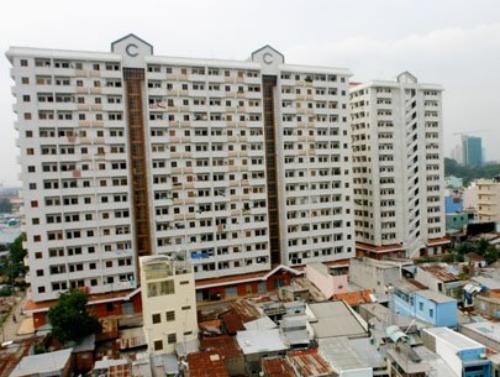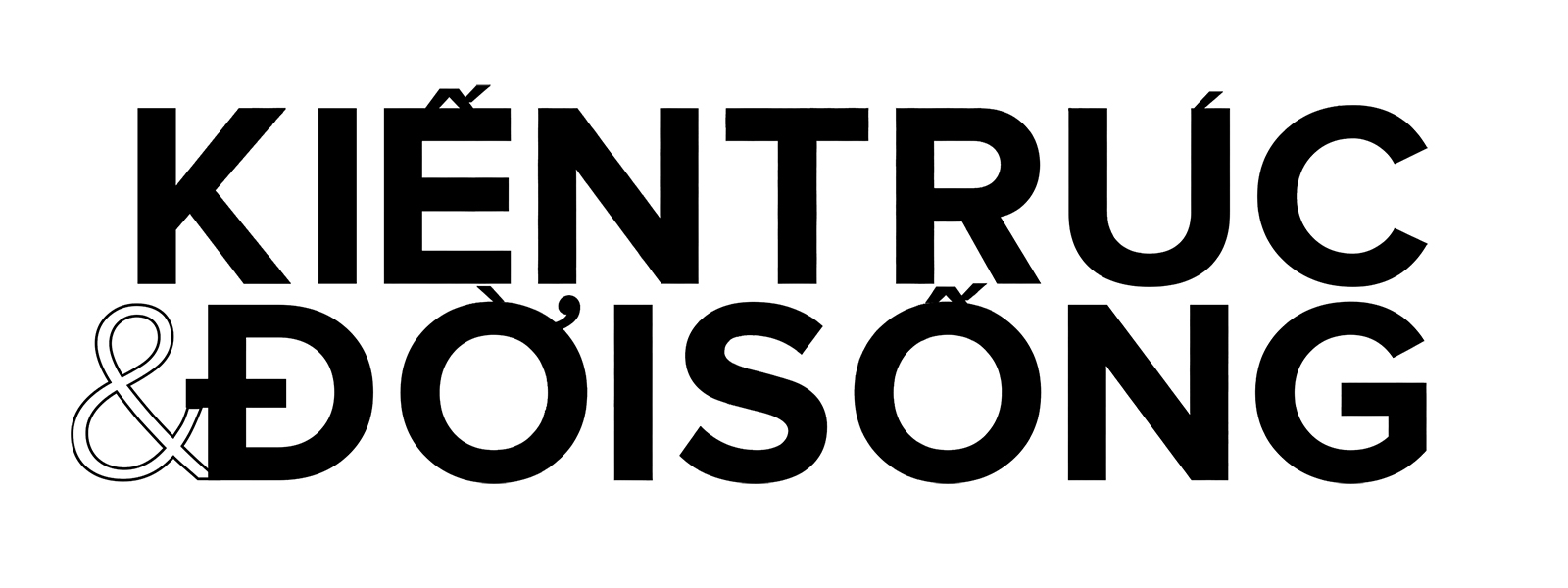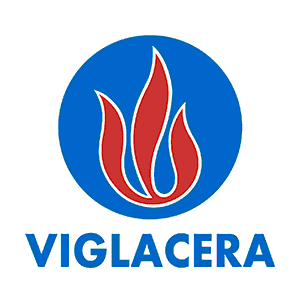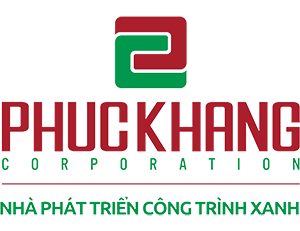Accommodation for low-income residents, government workers and students is dreadfully inadequate, especially in Vietnam’s big cities. But while demand for low-cost housing increases by the day, the number of new housing projects has failed to keep pace.
A report by Ho Chi Minh City’s Department of Construction says there are 130,000 government workers and armed forces’ officers, among which 20,000 lack accommodation.
 In the first nine months of the year, however, the city built just 1,032 apartments, far from its target of 25,000 units to be constructed by the end of 2010.
In the first nine months of the year, however, the city built just 1,032 apartments, far from its target of 25,000 units to be constructed by the end of 2010. Nearly one third of public services workers nationwide lack accommodation and only 20 percent of industrial zone workers have affordable housing. The remaining 80 percent is forced to seek out private accommodation at higher costs.
There are 320,000 university students in HCM City, but the schools can only provide housing for 40,000.
The city’s plan to build 70,000 more units for students by 2011 will only meet 20 percent of the demand.
HCM City is expected to complete 10 housing projects providing 840 apartments and lay 1,500 foundations next year, under the new Housing Law decree issued in 2006.
The city has now put aside 126 hectares to build public housing and approved 25 projects to build 6,600 residences. To date, however, only three projects have begun work and are expected to be complete in 2010.
Developers say that the public housing problem is partially the result of poor policies, which fail to offer good returns to investors.
Because renters pay so little, few businesses are willing to invest in affordable housing. Experts say any returns would not be seen for at least a couple of decades.
To fund the projects, capital must then be taken from the State budget.
It is also difficult for housing developers to obtain long-term, low-interest loans because financial resources for such projects are limited.
In addition, due to a term in the Housing Law that rules public housing can only be 5-6 floors high, few investors are eager to take on such small-scale projects.
In Dong Nai, a neighboring province of HCM City, authorities have applied for two public housing projects but the Ministry of Construction has refused both.
The province wants to build one project using state budget funds because no investors have come forward. The ministry, meanwhile, has asked the province to call on private companies. The other project was rejected after plans for an 11-floor apartment building were limited to just six as ruled by the Housing Law.
In order to lure investors, Prime Minister Nguyen Tan Dung has issued a regulation aiming to loosen control over public housing projects. Included in the new rules are a relaxation of the number of floors, and tax exemptions on land use, VAT, and income from the projects.
The directive also said that local governments would support infrastructure development outside public housing project perimeters.
However, businesses say that the new regulations are not yet clear enough to attract investors.
Tin mới hơn:
- Vietnam retail property up, office rents down
- Financial center to get off the ground in HCMC
- Capital land prices increase up to 40%
- Ho Chi Minh City retains property development promise
- Call for more quality in low-cost houses
Tin cũ hơn:
- International donors pledge $8.06 bln for Vietnam
- Vietnam attracts US$19.7 billion in FDI in 11 months
- Luxury apartments go on sale in Hanoi
- Construction ministry stops cement projects
- Vietnam middle range property market expected to do well in 2010




























